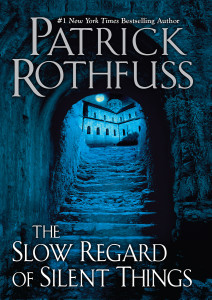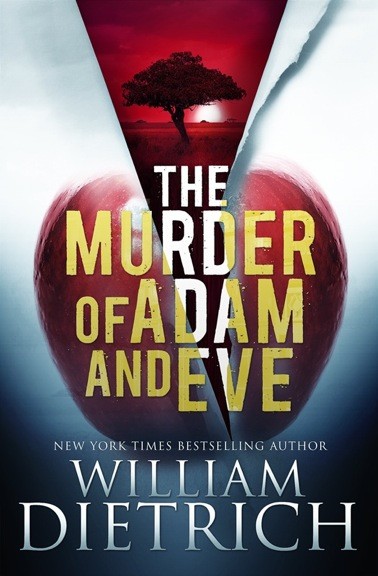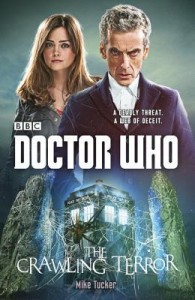
The Slow Regard for Silent Things by Patrick Rothfuss was originally intended to be used as his short in George R. R. Martin’s Rogues anthology. He eventually wrote “The Lightning Tree” instead, which focuses on Bast. This was not meant to be a book or novella of its own, but it ended up way over the short story length. After showing it to some people, who all seemed to like it, Rothfuss still was unsure that it was fit for the masses, but as something he enjoyed, shared it with some more friends as well as his editor. Eventually he became convinced that maybe it was fit for publication, and DAW published it. The result was this odd sort of story than nobody can really describe, but many people love for what it is and others hate for what it is not.
If you are expecting Kvothe in this novella or anything really having to do with the actual storyline of the Kingkiller Chronicles, this isn’t it. If you want something to satiate that need for the next story in the series, this will likely not do it. If you happen to be intrigued by Auri and wanted a bit of a glimpse into her head and her life, then you’ll want to pick this up. I honestly cannot explain this story. It takes place in the same universe, at the same time as the other books, with a character from the series, but I wouldn’t even put it in the same genre.. It is one of the oddest things I have ever read. I shouldn’t like it, I know that and the author knows that, he even states that explicitly. This is not a normal book, it does not follow any real literary process, it just is. I know that this means nothing to anyone, but when(if) you read it, you’ll get what I mean.
Here is what I can make enough sense of to tell you. You get a chance to see the world (well, the Underthing at least) as Auri sees it. It is an adventure through her little nook of the world and the strange working of her mind. Unfortunately we learn basically nothing of her past, something I was sort of hoping for in this. There is a ton of emotion experienced by Auri which Rothfuss does a great job of conveying. He really paints an excellent picture of her feelings so that the reader can ride them out along with her. While we see somewhat into her mind and her feelings, I do not think we really come any closer to really understanding her as a character though. She is clearly an enigma, and a well crafted one at that. I don’t see this as a flaw in the character development, quite the opposite actually. To experience a character in this much depth and see their thoughts, yet still be puzzled by them, is not something easily achieved.
I can’t really comment much more on the character development because… well… there aren’t really other characters. That may be debatable, but not by my definitions. There isn’t and real dialogue, and at best a hint at the inkling of a plot. I can’t even rate this using any standard process because the parts are just not there. This story has been a little controversial among fans, some love it, some hate. I honestly cannot tell you why, but I liked it. It was a well written case study on an odd and troubled girl. It is very different, but it is endearing. I do not know whether to recommend it to other readers or not, but I gave it 4 stars based solely on how I felt when I put it down. I enjoyed reading it and regardless of the criteria we are supposed to look for in a “proper” story, isn’t the reader’s enjoyment or entertainment the only thing that really matters? Like I said, not everyone enjoyed it the way I did and it really may not be for everyone, but if this odd and nonsensical review made you at all curious, give it a shot.


